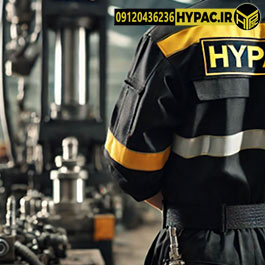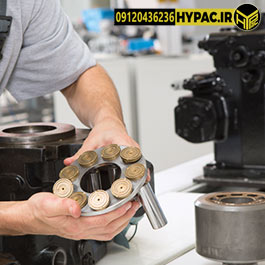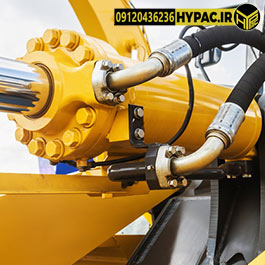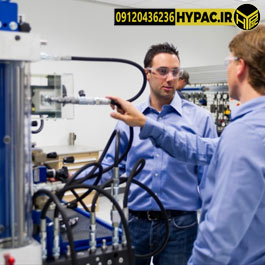Hydraulic Training Courses ــــ ⏱ 3 min read
Industrial Hydraulic Training Courses
Organizing industrial hydraulic training courses requires meticulous planning, relevant scientific content, and adequate equipment—all of which Hypac provides. We offer the following types of industrial hydraulic training programs:
Course Types
- Basic/Foundational Industrial Hydraulics Course
- Advanced/Specialized Industrial Hydraulics Course
- Custom Corporate Training (Tailored to Specific Hydraulic Systems)
- Hydraulic Pump and Component Repair Training
Course Objectives
- Target Audience:
- Industrial technicians, mechanical engineers, operators, and skilled workers.
- Course levels (Beginner, Intermediate, Advanced).
- Learning Goals:
- Understanding industrial hydraulics, system design, troubleshooting, maintenance, and repair.
Few machines or production lines operate without hydraulic systems. As skilled technical experts, we must be familiar with components like hydraulic jacks, hydraulic pumps, solenoid valves, and hydraulic motors.
Basic Course Syllabus (For Corporations)
- Hydraulic Fundamentals:
- Physical principles (Pascal’s law, flow rate, pressure, power).
- Hydraulic oils and their properties.
- Hydraulic System Components:
- Pumps (gear, piston, vane).
- Control valves (poppet, spool, relief valves).
- Actuators (hydraulic cylinders, motors).
- Reservoirs, filters, and piping.
- Reading Hydraulic Schematics:
- ISO standard symbols.
- Basic circuit analysis.
- System Design and Optimization:
- Load, pressure, and flow calculations.
- Component selection.
- Troubleshooting and Maintenance:
- Identifying leaks, contamination, and component failures.
- Routine servicing methods.
- Hydraulic Safety:
- High-pressure hazards and preventive measures.
Teaching Methods
- Practical Training:
- Hands-on workshops with real equipment (pumps, valves, cylinders).
- Simulated common faults for troubleshooting practice.
- Theoretical Training:
- Slides, videos, and industrial case studies.
- Simulation Software:
- Tools like Automation Studio or FluidSim for circuit design.
Equipment and Resources
- Required Tools:
- Hydraulic training kits.
- Measurement tools (pressure gauges, flow meters).
- Spare parts (O-rings, valves, filters).
- Educational Materials:
- Reference books (e.g., Industrial Hydraulics by Ahmadreza Madineh and Hossein Delaili).
- Manufacturer manuals (Bosch Rexroth, Parker).
Hypac Instructor Qualifications
- Practical experience in industrial hydraulics.
- Knowledge of international standards (ISO, DIN).
- Ability to simplify complex concepts.
Course Duration and Structure
- Short-Term Courses: 1–3 days (theory + hands-on training).
- Long-Term Courses: 1–3 months (theory, practice, and projects).
Certification and Validation
- Course completion certificates.
- Final assessment (written and practical exams).
Cost Considerations
- Fees cover instructor fees, workshop rental, equipment, and materials.
- Pricing based on course level and duration.
Evaluation and Improvement
- Participant feedback collection.
- Content updates aligned with technological advancements and industry needs.
Enroll in Hypac’s industrial hydraulic courses to enhance technical skills and boost productivity in your industry. For inquiries, contact us!




Good
Thank you very much.